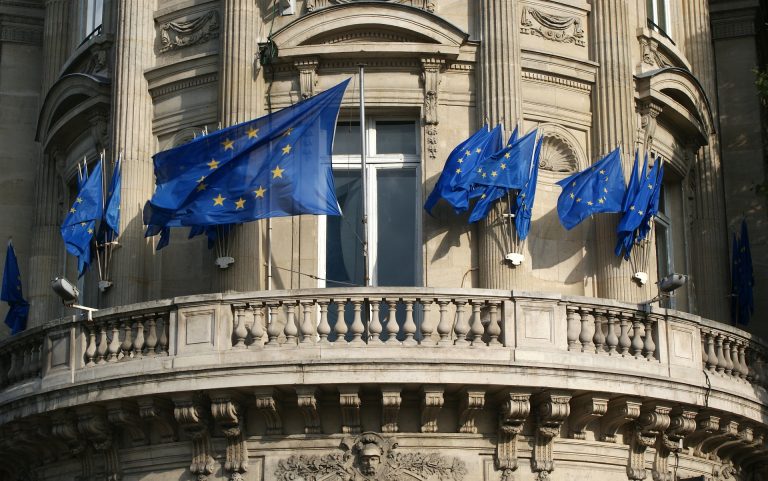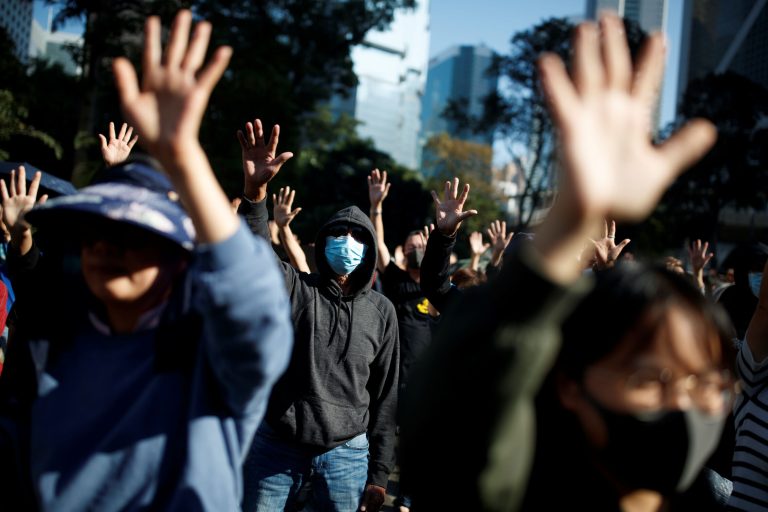In December, the European Commission announced that the leaders of the EU council had agreed in principle on the Comprehensive Agreement on Investment (CAI) with communist China. The deal has yet to be ratified by the European Parliament before it takes effect. Many EU member states have accused Brussels of ignoring communist China’s brutal human rights abuses and horrible labor conditions.
The European Commission has been put on the defensive and argues that it secured improved market access for European companies in communist China. It has also received commitments from Beijing to make the necessary efforts to address problematic areas, including adopting international conventions on forced labor. Beijing, however, is notorious for making promises it doesn’t keep, especially in regards to improving its dismal human rights record.
Maria Martin-Prat, the EU’s lead investment negotiator with China, stated that Europe “needs the economic growth” that communist China has to offer.

German Member of the European Parliament Reinhard Butikofer, who chairs the European Parliament’s delegation for communist China, is a fierce critic of the deal. He called the CAI a “Christmas present” for Chinese president Xi Jinping. He found it deplorable that the leaders of the European Commission “sided with the Chinese” before Biden came into power. He says that was showing the “middle finger” to America.
Martin-Prat dismissed the idea that Brussels should have waited until after Biden’s inauguration to sign the deal with China. She stated that the EU does not need to “ask permission from any trading partner,” no matter how big they are.
Success
You are now signed up for our newsletter
Success
Check your email to complete sign up
Clive Hamilton, Professor of Public Ethics at Charles Sturt University in Canberra, Australia, warns against signing deals with the Chinese communist government.
“Beijing sees investment deals as a kind of Trojan Horse…a means by which it can smuggle greater political and economic influence into other countries through the channels opened up by these investment deals… [Beijing sees] Australia as a great prize because we are a ‘European’ nation in what it sees as its sphere of influence, and close to the United States,” he told RFI.
There are also issues with communist China’s promises to European businesses. For example, the deal says China will allow European companies to set up health clinics in important Chinese cities; China also promises European participation in the electric car industry.
These promises are not only vague but also subject to the communist regime’s ‘government guidance.’ This is especially true when it comes to setting up joint ventures in sectors like telecom and finance as well as deciding the location of potential factories.
European leaders are insisting that if the CAI has to be approved when it comes up for ratification next year, many things need to be done. That includes punishing communist China for human rights violations and creating better opportunities for European companies. Firstly, they need to apply sanctions on Chinese officials who have taken part in human rights violations in the Xinjiang region.
Communist China has warned the EU against implementing the sanctions.
“We want dialogue, not confrontation. We ask the EU side to think twice… If some insist on confrontation, we will not back down,” Zhang Ming, China’s ambassador to the 27-nation bloc, told an online seminar.
Media double standard
A major area of concern in the CAI is the media industry. Communist China has invested $3.5 billion over the last ten years in European media companies. The deal stipulates that Chinese investors in European media companies be treated the same way as European investors. However, it fails to secure the same rights for European investors in Chinese media companies.
French lawmaker Marie-Pierre Vedrenne stated that while the EU treats Beijing as a partner, the Chinese do not equally reciprocate. Critics of the deal have repeatedly warned that the communist regime will not offer a level playing field when it comes to the media industry.
While Chinese-controlled CCTV is allowed to broadcast unhindered across Europe, media channels from the EU face strict restrictions while broadcasting in communist China.
Follow us on Twitter or subscribe to our email list














